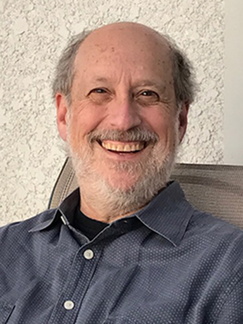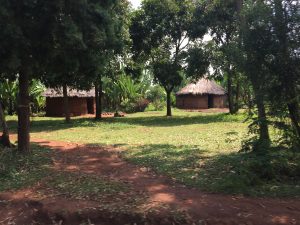Enhancing Community Health for People Living With HIV in Southern Ethiopia

Professor Alan Lifson has spent most of his career in the service of vulnerable and at-risk populations with HIV and other infectious diseases. This journey has led to his current project, a 32-site randomized controlled trial of a community support intervention for people living with HIV (PLWH) in rural Ethiopia.
Since 2010 he has been conducting work in southern rural Ethiopia, including a pilot intervention using trained community health support workers who are also HIV positive. This pilot project succeeded in retaining HIV patients in treatment and improving their physical and emotional health.
This research was the foundation for the current NIH-funded randomized community trial. For three years these trained HIV-positive community workers will provide: health education to newly diagnosed HIV patients on their drugs treatment and health promoting behaviors; counseling and social support to deal with HIV stigma and their HIV status; and facilitated communication to the HIV clinic when medical support is needed. This fills part of the gap in care that so many patients need, a gap that often leads to patients dropping out of treatment programs.
This study will follow 1,779 patients over the course of three years, giving the study’s analysis statistical power, and allowing the study to track and account for a large variety of other variables and health outcomes.
Lifson says that what motivates him is the potential to impact the lives of people living with HIV and creating programs that will be sustainable after the study.

“I actually feel quite humbled to be working with the support workers and project staff on this study… I have learned as much from them as I hope that I have contributed.”
His advice for those interested in global health is to listen to local colleagues and partners, spend time in the communities to understand the local situation, and be flexible. Doing so is an important facet of global health work and the key to creating long-term sustainable community interventions.
